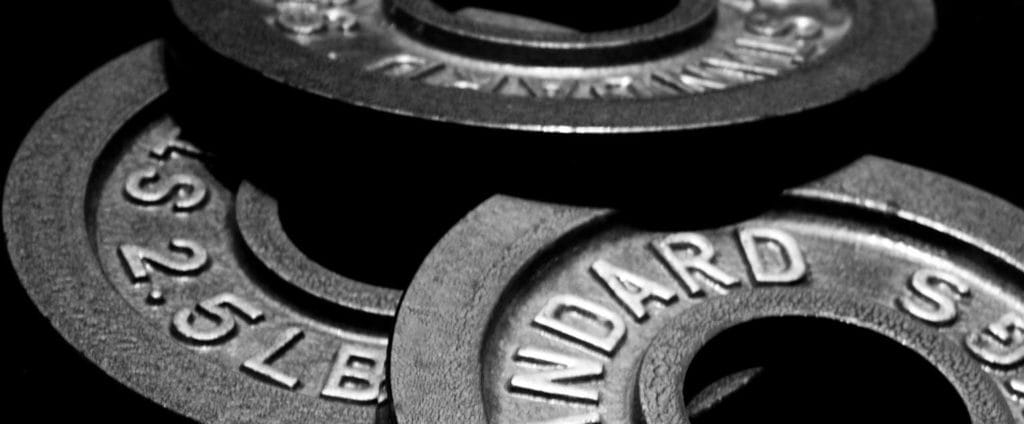Addiction is a strange disease and it can be applied to so many things. The traditional definition of addiction involves chemical substances, but experts are increasingly recognizing behaviors as addictive. One of those is bodybuilding or strength training. Behavioral addictions are strongly correlated with mental illness, and some would say they are a subset. Bodybuilding addiction may be related to body dysmorphia and can be a serious problem. If you or someone you care about is into strength training, look for the signs that you may have crossed the line into an unhealthy obsession.
Behavioral Addictions
Behavioral addictions, also called process addictions, are not as uncommon as you might think. You can develop an unhealthy obsession with eating, shopping, gambling, sex, exercise or nearly any activity. Most experts in mental illness and addiction recognize these as genuine disorders, but not all agree on how to classify them. If you are obsessed with lifting weights and getting the perfect, muscular body, do you have a true addiction? Or are you struggling with a type of obsessive-compulsive disorder? There may be no agreement on the details of classification, but experts do recognize signs of addiction in people who obsess over certain behaviors. They experience tolerance, needing to engage in the activity more and more just to find satisfaction. They feel withdrawal when they stop the activity. They think obsessively about doing it when not engaged in the activity. And they engage in the activity compulsively, often in spite of negative consequences.
When Bodybuilding Becomes Addiction
Strength training and even bodybuilding as a serious hobby are generally healthy. Building muscle is good for the body and the mind. Most people engage in this activity in a healthful way, without becoming obsessed with the perfect muscles, the perfect image or the perfect weight. On the other hand, for people prone to addictive-like behaviors, this activity can become an all-consuming and unhealthy obsession. You can recognize this shift if you pay attention to your habits, although it is easy to see the signs in someone else. For this reason, you should pay attention to what your loved ones say about your exercise habits and speak up if you see negative signs in someone you care about. Keep a record of how much time you spend working out and ask some questions. Are you giving up other important activities to have more time to work out? Are other people complaining that you have no time for them anymore? Are you working out to the point of making yourself feel physically unwell? Do you think about bodybuilding when you aren’t working out?
Is Bodybuilding Addiction Actually Muscle Dysmorphia?
Another aspect of your obsession with weightlifting is related to your body. If you never feel like you have the muscles you want or always feel like you are too small and weak-looking, in spite of what other people say to the contrary, you could be struggling with a type of body dysmorphic disorder (BDD) called muscle dysmorphia. BDD is a mental illness that causes you to see a flaw in your body and obsess over it, even if you are imagining or exaggerating the flaw. Muscle dysmorphia occurs when you obsess over the size of your muscles. They never seem big enough, even if other people tell you that they are. What you see in the mirror doesn’t match reality. This is a serious problem because it can cause you to practice very unhealthy habits, both mentally and physically. If you think you might have this problem, you need to seek professional, therapeutic help. A trained therapist can help you learn to see your body as it is in reality.

